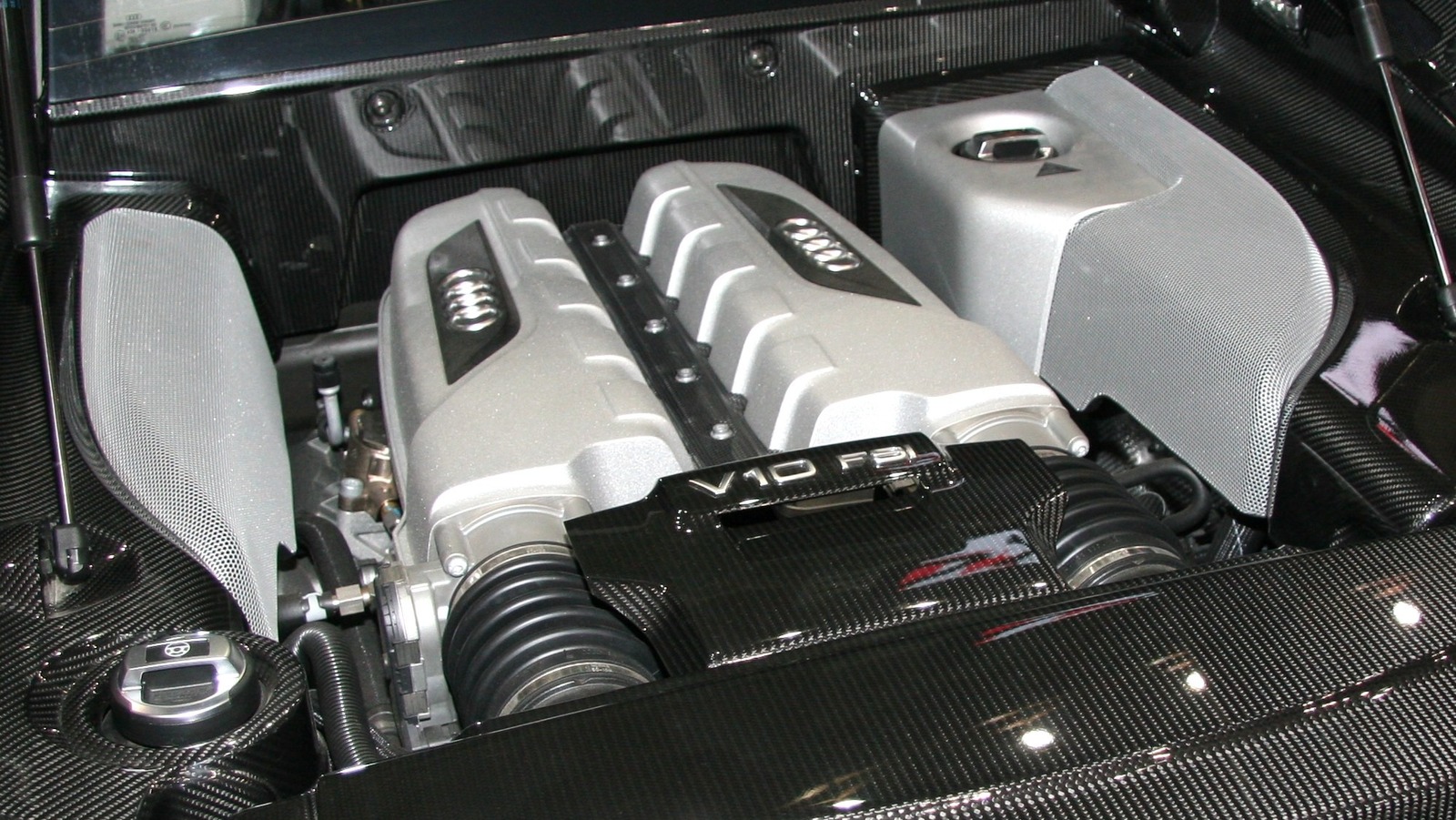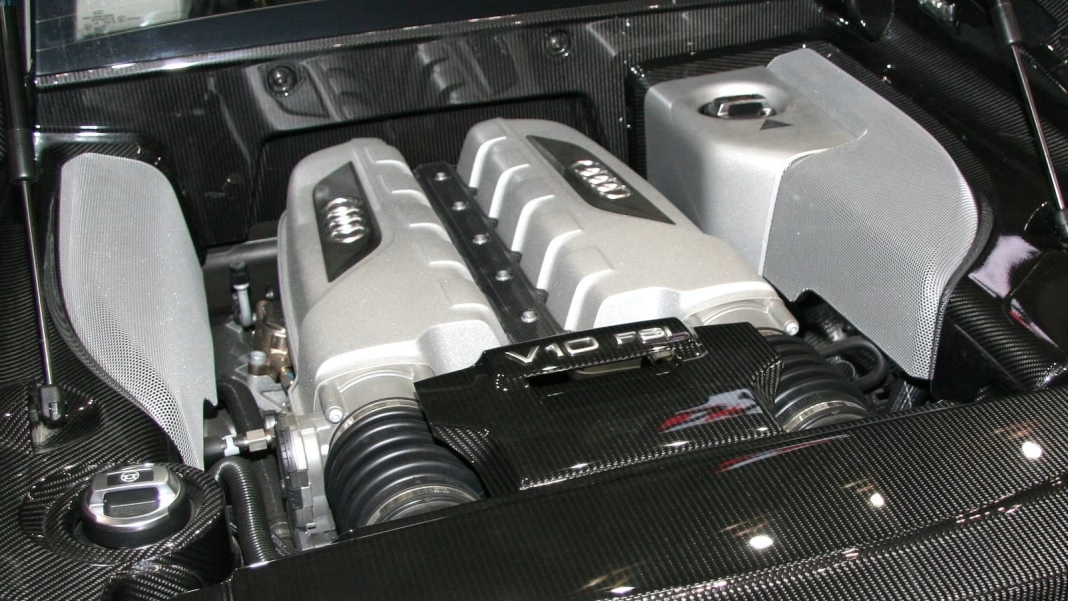The world of automotive engineering is always evolving, with manufacturers constantly pushing the boundaries of performance and efficiency. One question that often arises among car enthusiasts and casual fans alike is whether anyone still produces V10 engines. The short answer? No, not anymore, especially following the recent retirement of a legendary Italian V10.
What’s the Big Deal About V10 Engines?
V10 engines have a unique charm. They offer a sweet spot between the raw power of a V12 and the more manageable characteristics of a V8. This configuration has been celebrated in various high-performance vehicles, from supercars to racing machines. The sound alone—a thrilling symphony of mechanical precision—has captivated car lovers for decades.
However, as we move further into an era focused on sustainability and efficiency, the automotive industry is shifting gears. Manufacturers are increasingly favoring turbocharged V6s and hybrid powertrains, which provide impressive performance while also being more fuel-efficient and environmentally friendly.
The Iconic Italian V10: A Farewell
The recent passing of an iconic Italian V10 engine marks a significant moment in automotive history. Known for its exhilarating performance and distinctive sound, this engine was a staple in some of the most revered supercars. Its discontinuation reflects a broader trend in the industry, where manufacturers are prioritizing advancements in technology over traditional engine configurations.
Take Lamborghini, for example. The brand has long been synonymous with V10 engines, powering models like the Gallardo and Huracán. However, as they pivot towards hybridization and electric vehicles, the days of the V10 are numbered. This shift isn’t just about performance; it’s about meeting stricter emissions regulations and adapting to changing consumer preferences.
What Does This Mean for Car Enthusiasts?
For enthusiasts, the end of the V10 era is bittersweet. On one hand, there’s a sense of nostalgia for the raw, unfiltered power these engines provided. On the other, it’s exciting to see how manufacturers are innovating and redefining performance through new technologies.
Electric vehicles (EVs) are becoming increasingly capable, often outperforming traditional combustion engines in terms of acceleration and handling. Brands like Tesla have shown that electric power can deliver thrilling performance, and as battery technology improves, we can expect even more from the next generation of vehicles.
The Future of Performance Engines
While the V10 may be fading into the sunset, it doesn’t mean the excitement is over. The automotive landscape is witnessing a renaissance of sorts, with new engine configurations and technologies emerging. Manufacturers are exploring options like hydrogen fuel cells and advanced hybrid systems that promise to deliver power without the environmental impact of traditional engines.
Moreover, the passion for performance isn’t going anywhere. Car enthusiasts will always seek out thrilling driving experiences, whether through the roar of a V10 or the instant torque of an electric motor.
So, what’s the takeaway here? The V10 engine might be a thing of the past, but the future of automotive performance is bright and full of potential. Embrace the changes, keep an eye on emerging technologies, and remember that the heart of driving excitement will always find a way to beat on.
The big takeaway? The end of the V10 isn’t about perfection—it’s about smarter adjustments. Start with one change this week, and you’ll likely spot the difference by month’s end.


